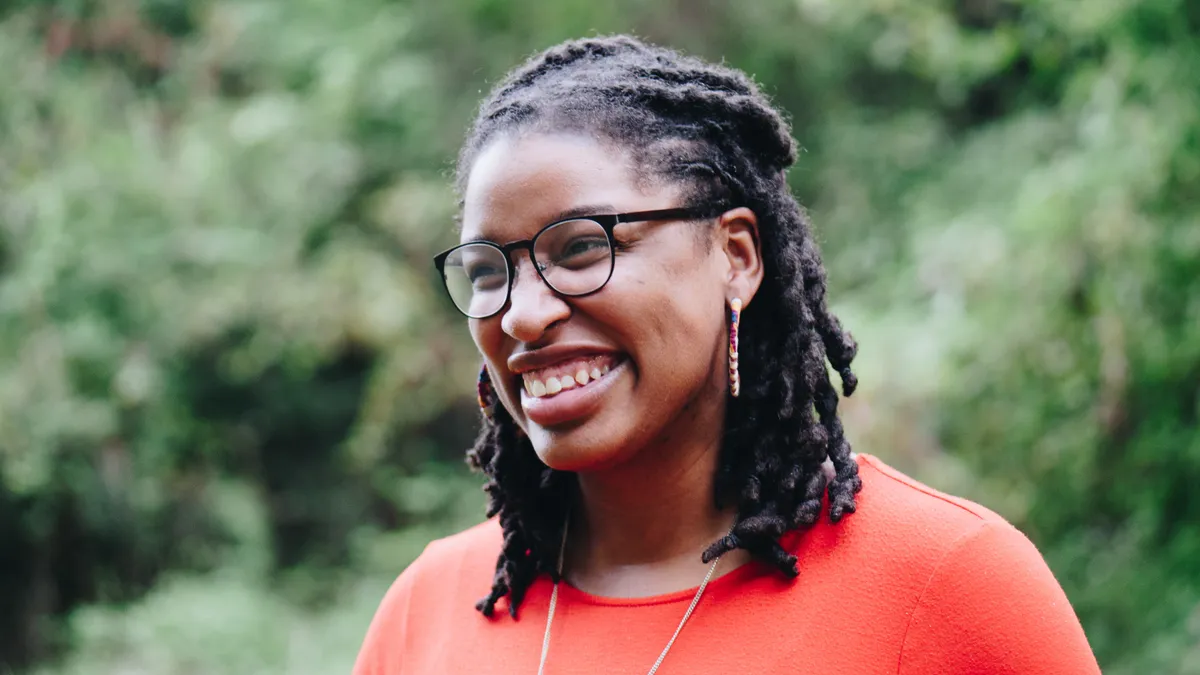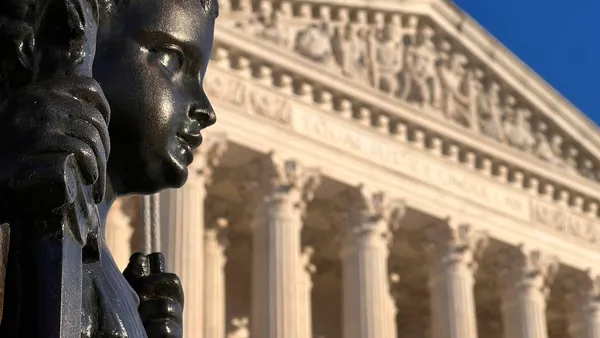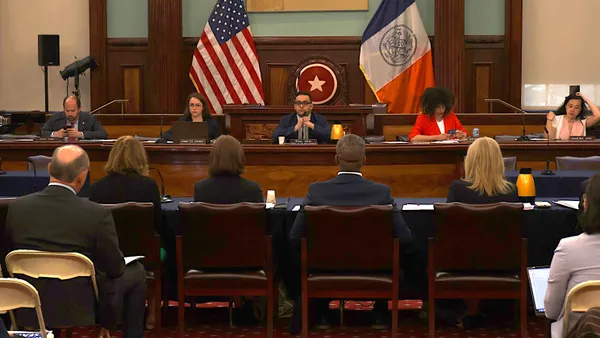Dive Brief:
- California Governor Gavin Newsom signed into law Wednesday a ban on policies that discriminate against those with natural hair, defining discrimination against hairstyles which are "historically associated with race" as a type of racial discrimination.
- The law, called the CROWN Act, follows in the footsteps of New York City, which introduced guidance against workplace discrimination based on employees' hairstyles in February. Afros are considered an "immutable racial characteristic" by the federal courts and are therefore already protected under Title VII. The CROWN Act expands anti-discrimination law to include protections for all natural hairstyles, such as twists and braids.
- The law identifies workplace bans on natural hair as "enforc[ing] a Eurocentric image of professionalism through purportedly race-neutral grooming policies that disparately impact Black individuals," arguing that such policies prevent equal opportunity. The CROWN Act will come into effect on Jan. 1, 2020.
Dive Insight:
The language of the CROWN Act explicitly criticized racist societal perceptions of particular black hairstyles: "Professionalism was, and still is, closely linked to European features and mannerisms," it noted. The law said these norms place a disproportionate and undue burden on "Black applicants and Black employees" and exclude them from certain schools or workplaces. California employers will now need to ensure that their dress code and grooming policies are inclusive and that policies are not only neutral on paper, but applied non-discriminatorily across employees of different races. New York and New Jersey also both have pending legislation regarding hair discrimination, following California, a state which is characteristically ahead of the curve on employee protections.
Although courts have generally said that employers can still lawfully require employees of color to alter their hairstyles (the U.S. Supreme Court declined to hear a hair discrimination case last year), employers outside of California and New York City would also be prudent to review their policies for racial bias, in line with fulfilling goals of greater diversity and inclusion, experts previously told HR Dive. HR should also be mindful of how demeaning comments, including microaggressions, may be avoided, and that employees' reports are formally investigated when they enter discrimination or harassment territory. Recruiters, especially, should be conscious of how implicit bias persists in recruiting practices, and challenge default perceptions about cultural fit or their reasons for excluding particular candidates.
Diversity must come hand in hand with inclusion to be long-lasting, experts say, and ensuring employees from diverse backgrounds feel included and have opportunities for career advancement are critical for talent retention and employee morale. Feelings of isolation and mistreatment among women of color, exacerbated by microaggressions by coworkers, can also culminate in an "emotional tax," causing anxiety and insomnia, as well as a decline in productivity, a report from Catalyst found last year.
Unconscious bias training is also becoming more popular but must be accompanied with inclusive policies and cultural changes to be effective; proactive changes to workplace codes around hair texture and protective hairstyles are one such example.














